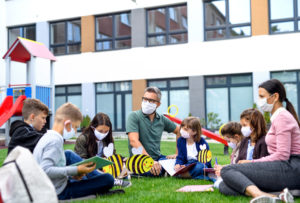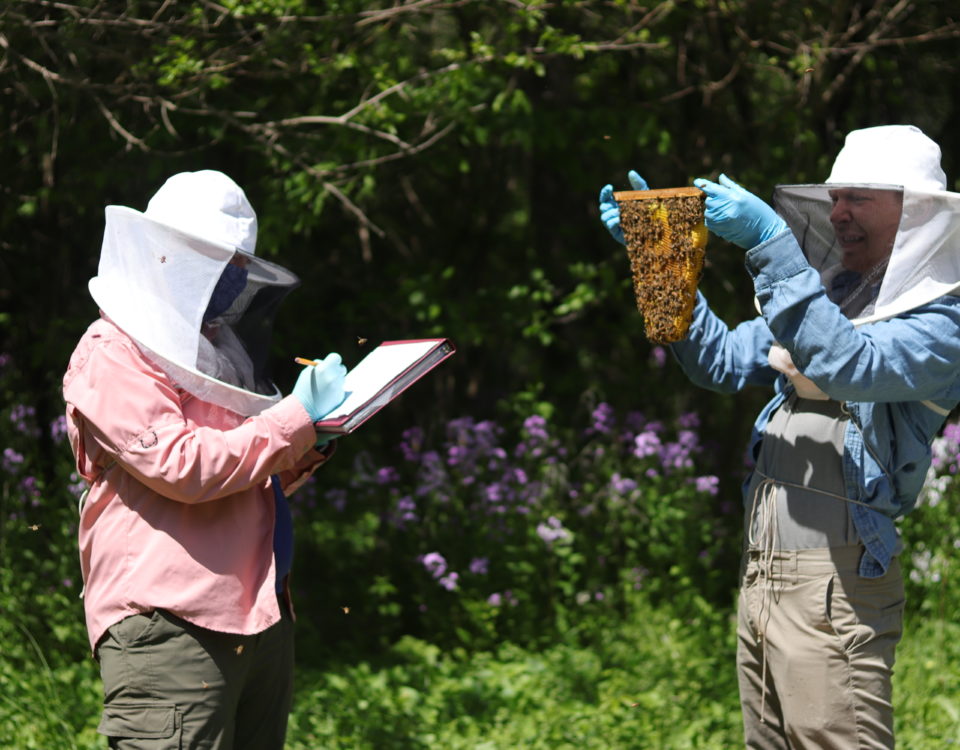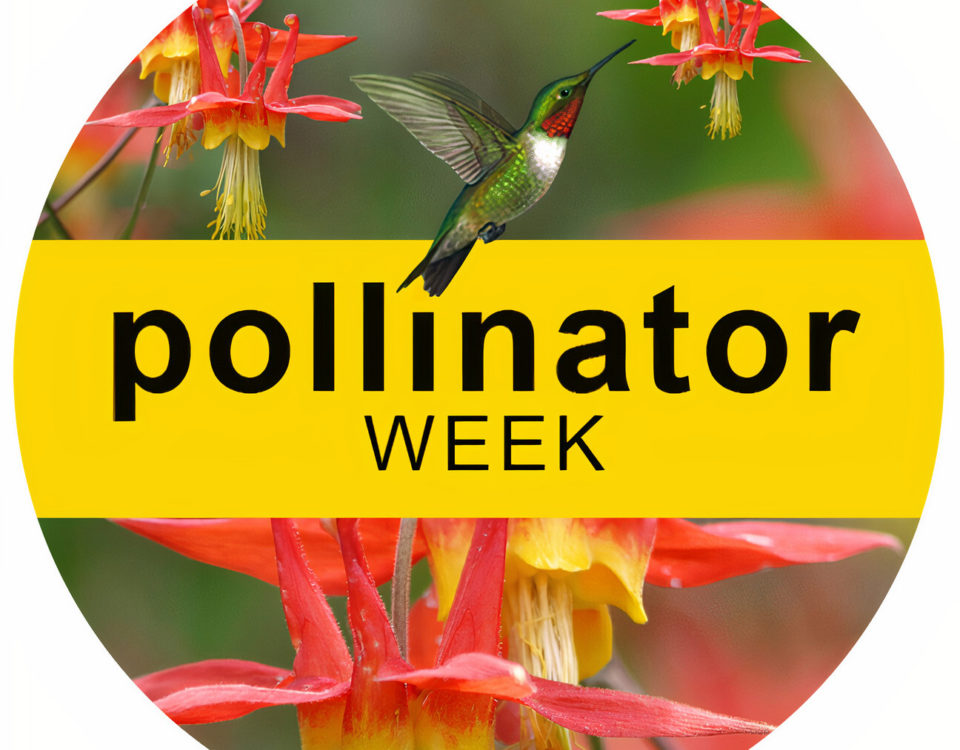- All-In-One Beekeeping for the Bees
- +1-608-728-8233
- info@beepods.com
Top 9 Ways You Can Help Bees in Your Community This Spring
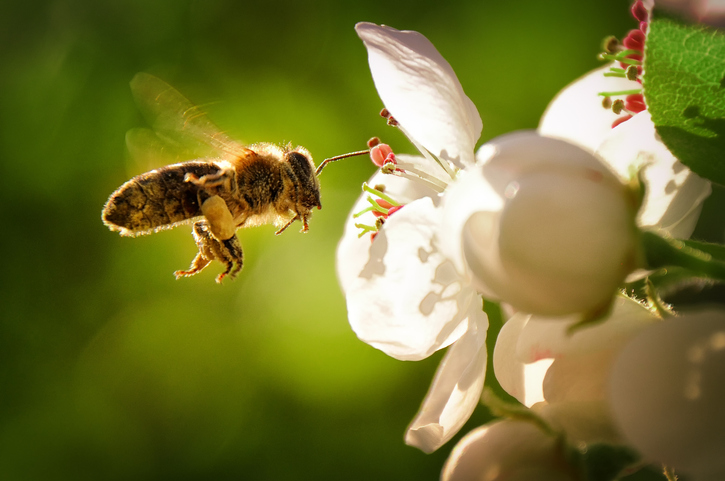
Spring has officially sprung! Warmer weather is here, and you may be seeing a variety of bees out and about looking for forage. The bees have survived a harsh winter and will now be busy working to build up their homes and brood. As resilient as they can be, these little pollinators are still in danger from weather, lack of food, lack of habitat, and other nuisances like parasites. Whether you’re a beekeeper or not, there are plenty of ways to help bees in your community — and some are simpler than you may think! We’ve put together our list of spring activities you can do to help the bees. Check them out!
Plant a Pollinator Garden
Have you started planning out your garden yet? Now is the perfect time! Whether it’s flowers or vegetables, make sure you plant some pollinator favorites. Bees love herbs like chives and lavender. If you’re planting a flower garden, make sure you add native varieties like purple coneflowers and Black-Eyed Susans. Bees are suckers for purple, yellow, and white flowers. Also, make sure to plant flowers that will bloom all year long so there is plenty of forage! Here’s a list of flowers perfect for the Midwest!
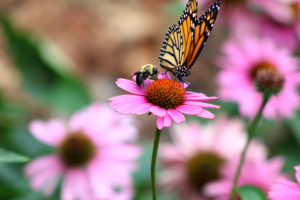
Stop Using Chemicals and Pesticides
Flowers and vegetables were growing long before there were pesticides. If you want to help the bees, kick chemicals to the curb. Not only can weed killer and pesticides be harmful for your family and pets, they are detrimental to bees. Some bees can die instantly from coming into contact with a pesticide, and others can bring the chemical back to the hive and slowly begin harming the colony. There are ways around contaminating bees, like spraying pesticides on vegetable gardens at night when the bees aren’t active or by using more natural methods. Before you start poisoning the dandelions in your yard, remember, they are a great source of forage for your bees! And they add such pretty color.
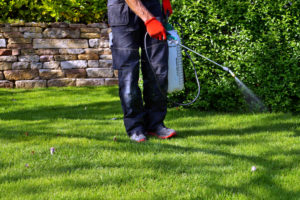
Plant an Orchard
Mmm…apple, cherry, and pecan pie! Sounds yummy, right? All of these pies rely on fruit trees, and all the fruit trees rely on bees! Bees gain an excellent source of forage from blossoming fruit trees. They can bring back more nutrient rich nectar to their brood. If fruit isn’t your thing, consider planting maple, oak, or poplar trees. Besides nectar, bees also collect resin from trees. They use resin to create propolis. This sticky substance is used to seal the hive. It has natural antibacterial properties, so it helps mold from growing in the hive.
Build a Bee Bath
Do bees really need to take a bath? Nope, but they do need to hydrate! Collecting pollen is thirsty work. Bees can travel up to five miles away from their hive to find forage — you bet they are going to need a drink. It’s easy to make a bee bath. All you need is:
-Shallow Dish
-Stones, Sticks, or Corks
-Fresh Water
Place the stones, sticks, or corks in the shallow water, and you’ve created an easy way for a thirsty bee to stop for a refreshing drink! Decorate yours with glass beads to add a shimmering touch to your garden!
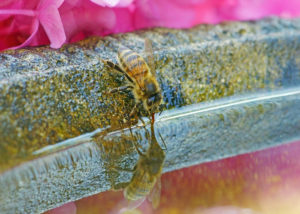
Create Habitat for Wild Bees
Wild bees are just as important as domestic bees and need a safe place to shelter. Fallen logs and tree hollows are an ideal place for wild bees. Before cleaning up the old logs in your yard, consider putting them near the edge of your property and in the sun so wild bees can have a home, too. Some bees, like the mason bee, make their homes inside the hollow stalks of flowers or in garden walls. You can easily build your own mason bee house by following the steps listed in the blog below!
https://wallflowermarket.com/blog/2020/04/16/the-diy-project-that-is-the-bees-knees/
Sponsor a Hive
If you aren’t ready to take on the responsibility of keeping your own, you can always help out your local beekeepers by sponsoring a hive! Many apiaries have the option for you to become a donor. Do a quick search for an apiary near you, and start sponsoring today!
Educate Yourself About Bees
One of the best ways to become a better beekeeper and bee enthusiast is to educate yourself about bees! There are dozens of resources at your local library and online. Sign up to become a Beepods Lab member, and you’ll gain access to a plethora of bee knowledge. You’ll find ways to help make your yard more pollinator friendly and how to educate others on the importance of pollinators.
Educate Others About Bees
Once you’ve educated yourself, now it’s time to spread the knowledge! Bees are very misunderstood, especially by children. Many kids are taught that bees are dangerous and can sting. While bees do sting, they most likely will only sting if they feel the need to protect themselves. Honey bees often pass away soon after they sting, so they don’t often sting for no reason. Wasps are a different ballgame all together. Make sure you know the difference between the two!
Support Local Beekeepers and Organizations
Next time you go to buy honey and vegetables, whether from the grocery store or farmers market, make sure you buy locally sourced and organic products. When you buy local honey, you’re supporting a beekeeper who is doing all they can to help their bees live happy lives. Organic farmers strive to keep the environment clean, and in doing so they help keep bees safe. Plus, local honey can help curb your allergies!
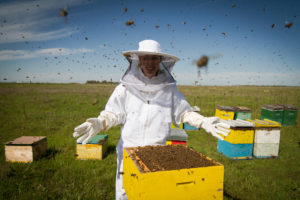
Final Thoughts
There are numerous ways, big and small, that you can help pollinators in your community. These simple changes to your routine, additions to your garden, and research and education can help save a key organism to our survival. We need bees just as much as they need us. So this spring, join us in making our communities more pollinator friendly.
Monica Cull
Latest posts by Monica Cull (see all)
- How To Keep Your Bees Calm During An Inspection - June 30, 2021
- Pollinator Week: How COVID-19 And Modern Technology Have Impacted Bees - June 23, 2021
- Bee-Themed Activities You Can Do With Your Kids This Summer - June 17, 2021

